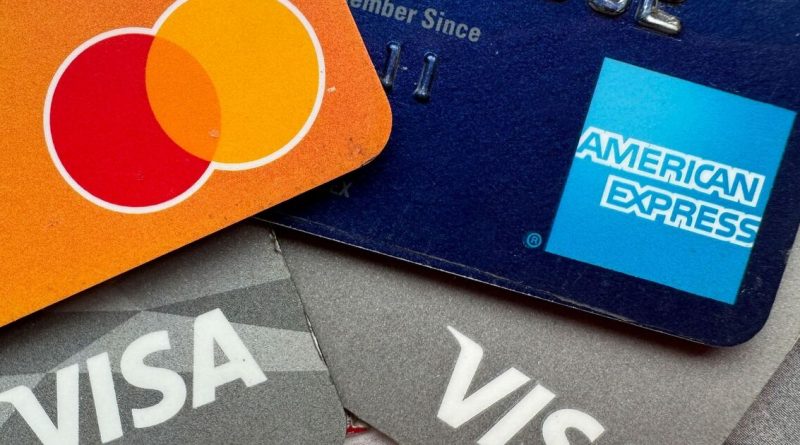Credit card borrowing drops as cautious consumers worry about UK economy | City & Business | Finance
Consumers cut back their net borrowing in February from £1.8billion net to £1.4billion according to Bank of England data, due to the uncertain economy, experts say.
According to the Bank, the decline was driven by lower credit card borrowing, which fell from £800million to £500million. Other forms of consumer lending fell, such as personal loans and car finance, down £100million to £900million.
At the same time, it said that the annual growth rate for credit cards and other forms of consumer credit dropped from 11.9 percent to 7.3 percent.
Rosie Hooper, Quilter Cheviot chartered financial planner, said that the fall in consumer borrowing “indicates a more cautious approach to unsecured borrowing amidst economic uncertainties”.
Karim Haji, global and UK head of financial services at KPMG, said that although inflation is falling and starting to have an impact on prices, the cost-of-living remains high and people are still struggling with their bills.
“Default rates remain high and it is critical that lenders remain ready to support customers that are struggling to pay their bills,” he said.
At the same time, the Bank said that household deposits increased for a fifth consecutive month, up £6billion in February. This was driven by flows into interest bearing accounts, which increased by £3.5billion, while accounts that pay nothing saw outflows of £3.5billion.
Hargreaves Lansdown’s head of active savings Mark Hicks explained that people were moving to lock in high interest rates while they can: “Easy access savings accounts and cash ISAs dominated the market in February. The appeal is obvious. They’re offering some of the best rates on the market, and savers like having the money to hand in case they need it.”
The Bank’s latest credit and money data also found that confidence is starting to return to the property market, with mortgage borrowing of £1.5billion net in February, versus £1.1billion of net repayments the month before. Approvals also rose from 56,100 to 60,400. . It comes as figures from Nationwide show that house prices rose on average 1.6% over the last 12 months to £261,000.




